- News
- Reviews
- Bikes
- Components
- Bar tape & grips
- Bottom brackets
- Brake & gear cables
- Brake & STI levers
- Brake pads & spares
- Brakes
- Cassettes & freewheels
- Chains
- Chainsets & chainrings
- Derailleurs - front
- Derailleurs - rear
- Forks
- Gear levers & shifters
- Groupsets
- Handlebars & extensions
- Headsets
- Hubs
- Inner tubes
- Pedals
- Quick releases & skewers
- Saddles
- Seatposts
- Stems
- Wheels
- Tyres
- Tubeless valves
- Accessories
- Accessories - misc
- Computer mounts
- Bags
- Bar ends
- Bike bags & cases
- Bottle cages
- Bottles
- Cameras
- Car racks
- Child seats
- Computers
- Glasses
- GPS units
- Helmets
- Lights - front
- Lights - rear
- Lights - sets
- Locks
- Mirrors
- Mudguards
- Racks
- Pumps & CO2 inflators
- Puncture kits
- Reflectives
- Smart watches
- Stands and racks
- Trailers
- Clothing
- Health, fitness and nutrition
- Tools and workshop
- Miscellaneous
- Buyers Guides
- Features
- Forum
- Recommends
- Podcast
Your complete guide to buying a second-hand bike — know where to buy, what to look for and avoid getting scammed with these top tips
Buying second-hand can save you an absolute fortune but does open you up to a whole range of bike-related issues: Worn-out components, broken frames, con artists and misdescribed items are all too common in the used bike market but we've put together some of our well-practised tips to guide you through the treacherous waters so you can bag a bargain and enjoy the ride!
In this guide, you'll find our recommendations on how best to approach buying a used bike, the pitfalls to avoid and the things that you need to be on the lookout for. A lot of these tips apply to all kinds of bikes so whether you want to hit the road or trails and whatever you're budget hopefully we can help you save a few quid...
Red flags
> Advice: Cycling survival — 13 beginner mistakes to avoid
Before diving into the nitty gritty of determining a good deal there are a few golden rules which need to be set in stone:
- Never pay using unusual payment methods such as gift cards or payment links
- Steer clear of bike adverts using stock pictures
- Never feel pressured into buying something you're unsure about
- If it seems too good to be true...it probably is...
- Always try to pay using a service which offers buyer protection
- Avoid meeting up in dodgy places
Where to buy
There are plenty of places you can get a cheap second-hand bike. For starters have a look in your area for a local second-hand bike workshop. It won’t be the cheapest place to buy a bike, but it can take a lot of the guesswork out of the process and the bikes should have had a service before they’re put out for sale. It’s a great way to buy a second-hand bike if you’re not that savvy about fixing up bikes because you can get advice on what you need.
If you're a bit more confident technically, then places such as eBay and Facebook Marketplace are full of bikes for sale and some of them are real bargains. Wherever you find your bike you always, always want to see it in person before you hand over any cash. If you don’t trust yourself to know enough to spot problems, see if you can get a more technically-minded friend to come along with you to suck their teeth at the right times.
What details you’ll get in the listing will vary but most sellers will only be too happy to send over extra photos or details. This interaction is also a useful judge of character because it gives you a feel for who they are and whether they seem genuine.
In these kinds of situations it's usually best to go with your gut: do you trust them? What do they know about the bike? When you meet them, does anything seem off? For example, is the bike obviously the wrong size for them? Do they have any paperwork for the bike? If you get a bad vibe for any reason, just walk away. There are thousands of bikes out there. Don’t feel obligated to buy a bike just because you went to see it.
See the bike in person before buying
If you are scrolling through online platforms, it’s very easy to be tempted by a beautifully pictured steed that is at the other end of the country. Asking for the bike to be posted may seem like an excellent idea for expanding your search area or avoiding the hassle of a long drive, but this does come with additional risk.
If you do decide that a bike is worth the risk, then at the very least ask for detailed photos. Before purchasing you want to have a good idea of the condition of the frame, chain, tyres, brakes and other mechanical parts to get a better idea of the bike’s current state. You’ll then be able to tot up in advance the costs of replacing these components that appear to be worn.
Even if you do plan on going to see the bike in person, seeing additional photos beforehand can help you decide if it really is worth still considering. In some cases, it could save you a wasted trip.
A key part of buying a used bike is determining how used it is. To help with this, we have included a mechanical checklist so you don’t get caught out buying a bike that is cosmetically a great find, but mechanically should be in the dump.
What to take when you see the bike
There are a few tools that will make it a lot easier to tell whether your potential new bike is worth the money being asked:
When you go to see the bike, wear clothes that you can ride it in. As a minimum, we'd recommend taking a set of Allen keys, a pump and a chain checker. If you can carry it, and you’ve got one, a work stand can also be really handy. It means you can check the bike over much more easily.
Check if it’s been stolen
The first thing to do when viewing a bike is to check if it's stolen because, simply put, you don't want to buy a stolen bike. Asking to see proof of purchase is a good shout, and you should check that the bike has not been listed as stolen on the Bike Register Database.
Most bikes have a frame number under the bottom bracket. If there’s any sign that it’s been tampered with or filed off that’s a pretty sure sign the bike has been stolen, so don’t buy it.
Even if it's not been marked as stolen it's still necessary to use some due diligence. Ask some questions about the bike and see if there is a legitimate reason for the sale. On internet sites you can also usually look up what other items the seller has listed.
Some examples of questions you could ask:
- Which bike shop did you buy the bike from?
- How long have you had the bike?
- How do you find the gears work?
- What was your last big ride?
- Why are you selling the bike?
Frame and fork
It doesn’t matter how great a deal a bike is if it’s too big, or too small. Undo the seatpost clamp and check that the seatpost moves freely in the frame. If it’s seized then you’ll be facing a lot of work to get it free, and you might ruin the frame trying, so don’t buy it.
Next, you'll want to adjust the seatpost so that you’re on tippy-toes when you’re sat on the saddle (or to the required height if you know your measurements) and make sure that the seatpost isn’t above its minimum insertion mark. You'll also want to make sure that you have enough standover height to comfortably straddle the frame when you slide off the front of the saddle. If both of those are true, that’s a good indication that the bike is the right size.
Then it's time to check the integrity of the frame and fork. Has it been crashed? Is it bent? Give it a good look over from all angles. Are there any obvious dents or cracks? What’s the overall condition like? Put the front brake on and try to rock the bike back and forward, which will tell you if there’s any play in the headset. If it’s loose it could be damaged and water may have got in.
Check for crash damage. Turn the handlebars through their full range; there shouldn’t be any tight spots.
Check the top tube on either side where the bars touch it when they’re fully turned, to make sure the bars haven’t damaged the frame there in a crash.
Check the angle of the fork, and check under the down tube for any evidence of cracking paint or buckled tubes, which is a classic symptom of a big crash. If there’s anything that doesn’t look right, just walk away.
Drivetrain
The drivetrain of a bike includes the crankset, chain, cassette and derailleurs; it's not only going to be expensive to replace if you do find an issue, but it's also a good indicator of how many miles a bike has done.
Firstly it's a good idea to see what the chain wear is like. A chain checker measures the percentage stretch. Assuming the stretch is 0.75%, you’ll need at least a new chain, and if it’s 1% or above the cassette (and maybe the chainrings) will need to be replaced too. Factor that into the cost of the bike.
> Do you need a new chain? Find out the easy way to tell
Get up close and personal with the cassette and chainrings. It's usual for a bike to have different teeth profiles as this helps with shifting, but they shouldn't be overly sharp or be noticeably more worn on one side.
Also, check the gear cables to make sure they’re not rusty and can move freely. To check the bottom bracket, hold both cranks and rock the chainset from side to side to check for play, and spin them to see if the bearings run freely. If there’s a lot of play, or the bottom bracket is stiff, you’ll need a new one.
Wheels
Give the front and rear wheels a spin. Check whether the bearings run freely and also check the rim to make sure it’s true. If there's a big wobble and/or either wheel is very buckled, then that’s a red flag.
A bit of side-to-side movement is common in a second-hand bike, and truing a wheel is a fairly simple job, but check the condition of the spoke nipples. If they look like they’re damaged or seized then truing the wheel might not be possible, so if you have a set of spoke keys it’s worth bringing them to check that the spoke nipples turn freely.
If the bike has rim brakes then it's also important to check the wear on the rims. This can be done using a straight edge against the braking surface. If they’re obviously concave (curved inwards) then they’re very worn and they’ll need replacing. That’s not going to be cheap!
> How to tell when your wheel rims have worn out
Next, hold the wheel at the top and try to rock it from side to side to check for any lateral play in the bearings. Most cheaper bike wheels use cup and cone bearings that are adjustable, but if there’s major play then the bearing surfaces will probably be damaged and you might be looking at a replacement wheel.
Tyres
Tyres are easy to replace, but it’s another cost. Quite often a second-hand bike might have been sitting around for a while before the sale, and the tyres will be flat.
Pump them up to check they hold air, and check the tread and the sidewalls to make sure the rubber hasn’t perished, especially the bit where the bike was sitting on the flat tyre. If you see big cracks in the sidewall, or the tread has gone, then you’ll have to budget for some new tyres and add that to the overall cost.
Brakes
It seems obvious, but check the brakes work!
If the bike has rim brakes then it’s fairly easy to see what the pad wear is like. If the pads are worn then budget for a new set, and if either of the brakes feels stiff or sticky then you’re going to have to spend some money on new cables too.
If the bike has disc brakes it can be much harder to see what the pad wear is like without taking the bike to pieces. Look inside the calliper to see if there's any pad material proud of the backing plate.
Unless you’re absolutely sure that the pads are fine, just assume that you’ll need to replace them. As well as wear it’s easy for them to get contaminated, which leads to poor braking performance and a lot of squeaking. Again, check the cables if they’re cable-operated, and if they’re hydraulic check for any obvious leaks.
Finishing kit
What are the bar tape or the grips like? Will they need to be replaced? Check the saddle out too, making sure that it’s okay structurally, especially where the rails meet the body. Without doing a long test ride you won’t really know how you get on with it, so bear in mind that’s a possible extra cost.
Are you getting anything else with the bike to sweeten the deal, like bottle cages, a mudguard or a bell?. Also consider whether you get pedals with the bike, as a lot of sellers will want to hold on to those.
Although bar tape and saddles can be relatively cheap to replace, they are areas which can indicate whether a bike has had a crash. If they're scuffed then make sure you give the frame an even closer look.
Don’t trust a dirty bike
Okay, maybe that is a bit too much of a generalisation, but in all seriousness, a bike that hasn’t been cleaned is a sign that its rider hasn’t been taking the best care of it.
We all have dirty bikes from time to time, but an owner who can't be bothered to clean them for the photos doesn't inspire confidence. Also, if the bike hasn't been cleaned regularly, the mechanical components could have suffered more severe wear.
> How to clean your bike
This doesn’t mean you have to take this bike instantly off your shortlist, but it does mean you should consider the possibility that you're probably going to need to replace mechanical parts such as the chain and cassette.
The test ride
If you’re buying an expensive bike then test rides can be very complicated, as the seller will naturally worry you’re going to zoom off with the bike and never return. On the flip side, you won’t want to give a random person a pile of your cash as security only to find the bike’s a wreck and they’ve scarpered when you get back.
With a cheaper bike it’s not normally so much of an issue, because someone flogging an old bike for fifty quid probably isn’t scamming you. The seller might want you to leave something with them while you’re out and about; that’s reasonable, but if for whatever reason you’re not comfortable with the way things are going, just walk away.
On a test ride check that the gears work properly all the way across the range, the brakes stop you like you’d expect, the fit is the way you like it and the bike steers and tracks correctly. You’ll probably not be aboard long enough to really know things like how comfy the saddle is, but you’ll get a feel for the bike as a whole. Make sure you’re happy. If you’re not, don't feel obligated to buy.
Let us know whether you’d consider buying second-hand in the comments below, as well as any bargains you’ve picked up or used bike buying horror stories.
Jamie has been riding bikes since a tender age but really caught the bug for racing and reviewing whilst studying towards a master's in Mechanical engineering at Swansea University. Having graduated, he decided he really quite liked working with bikes and is now a full-time addition to the road.cc team. When not writing about tech news or working on the Youtube channel, you can still find him racing local crits trying to cling on to his cat 2 licence...and missing every break going...
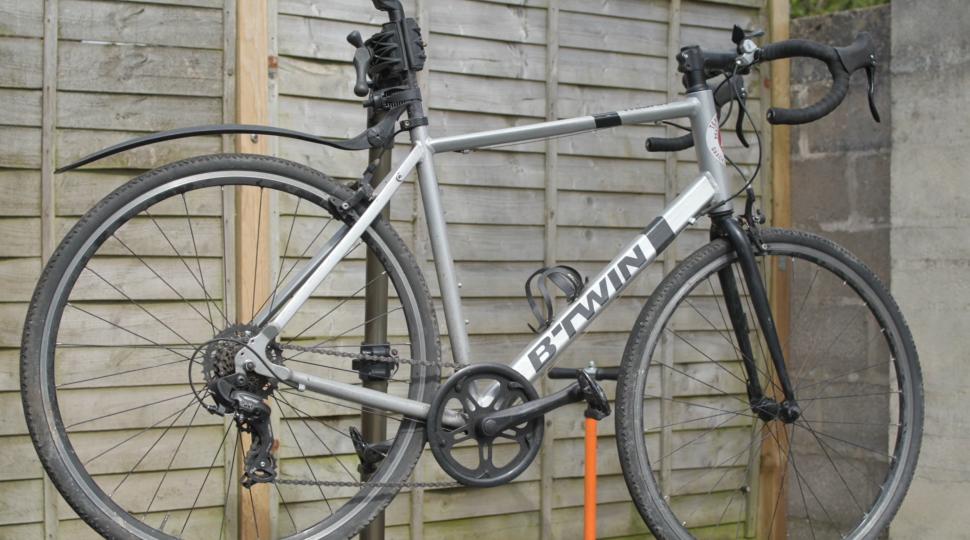
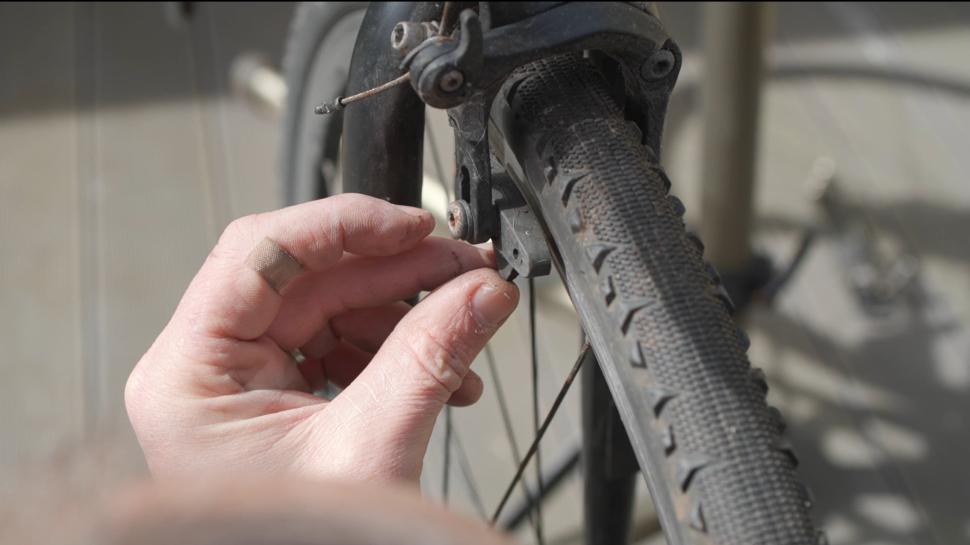
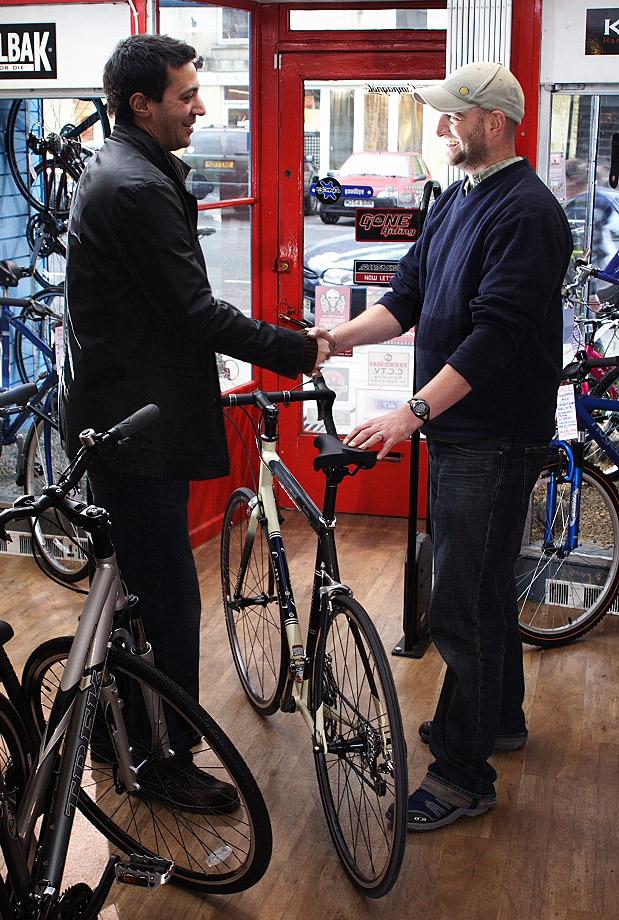
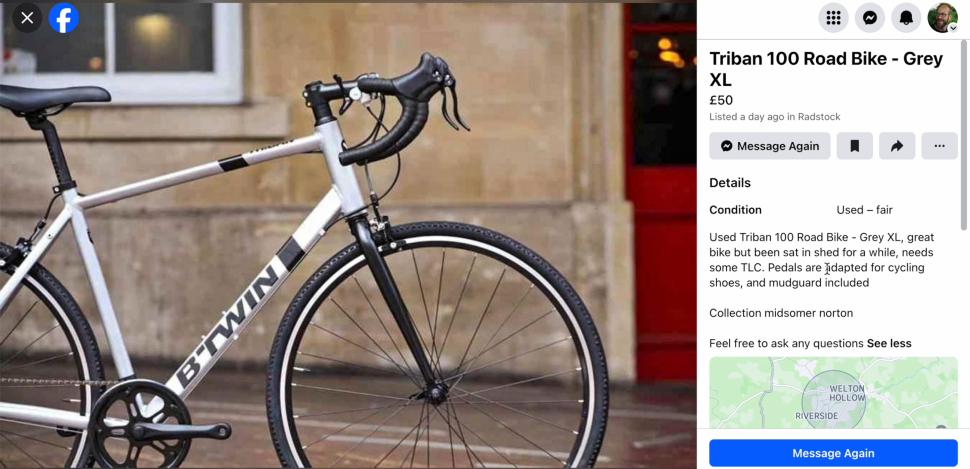
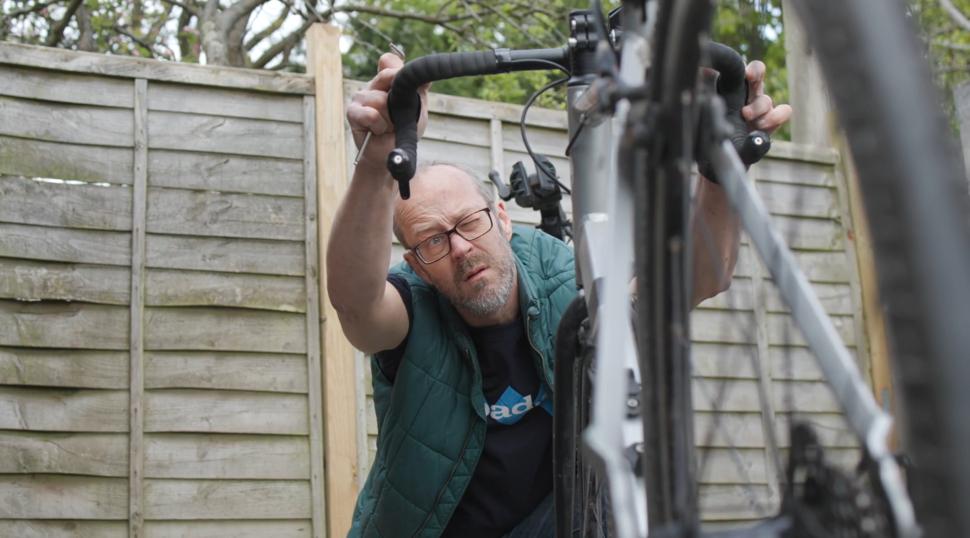
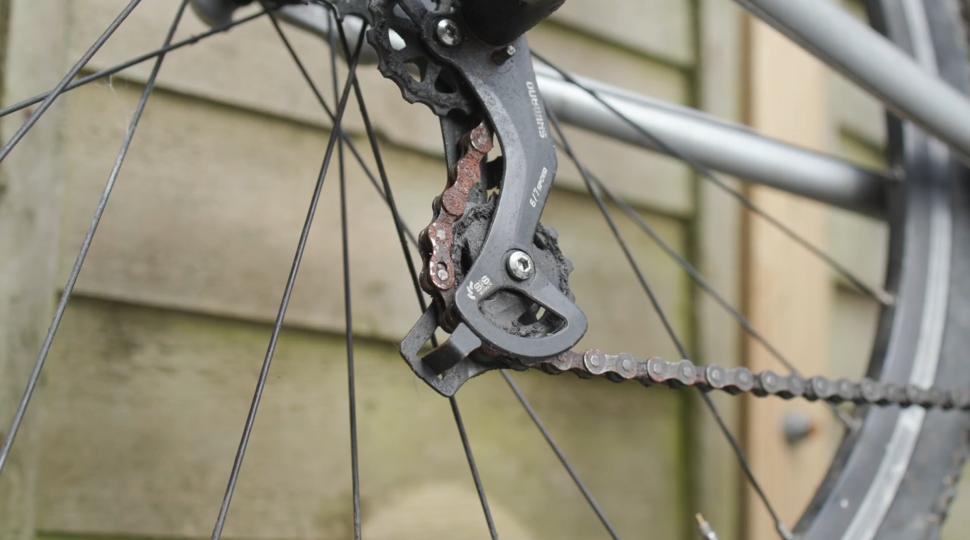
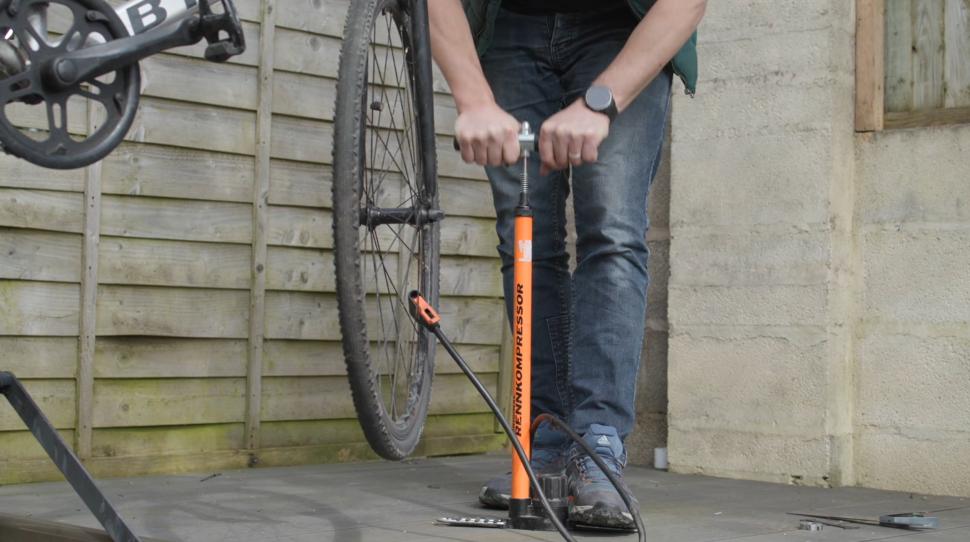
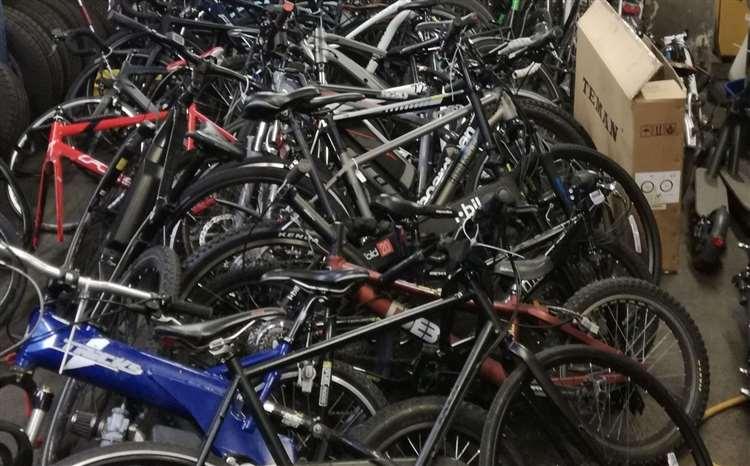
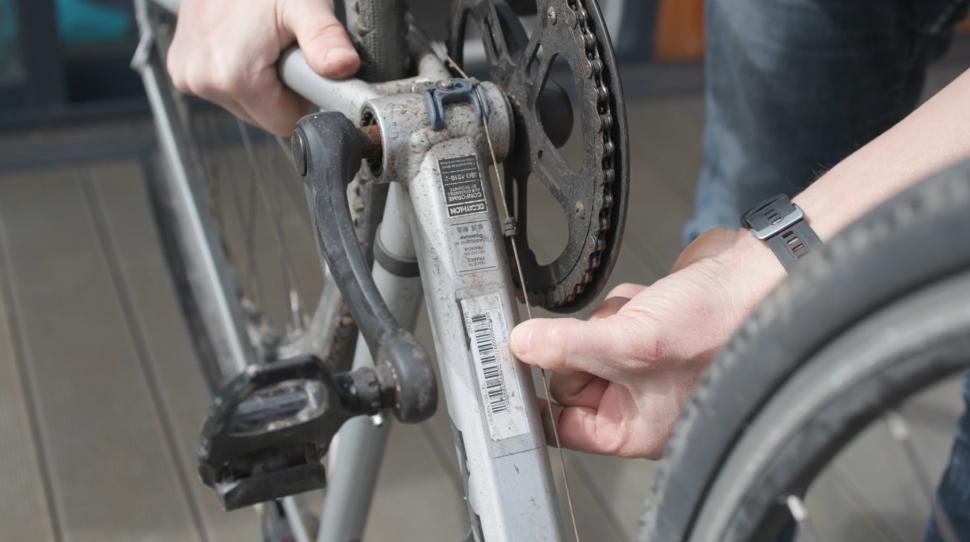
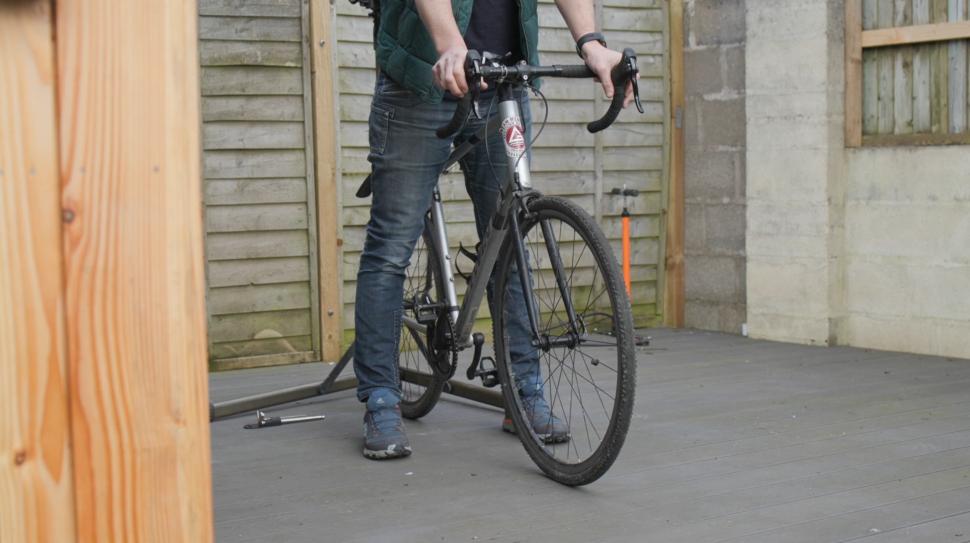
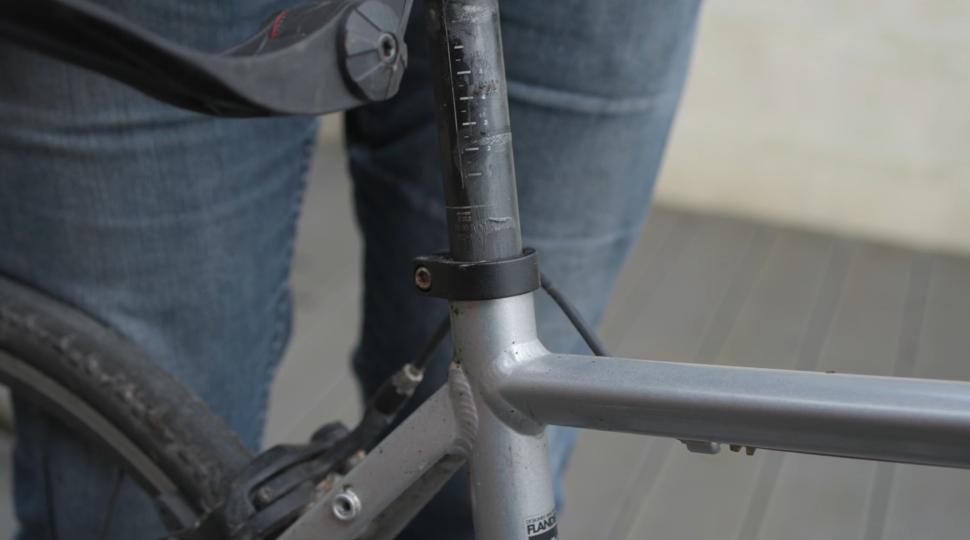
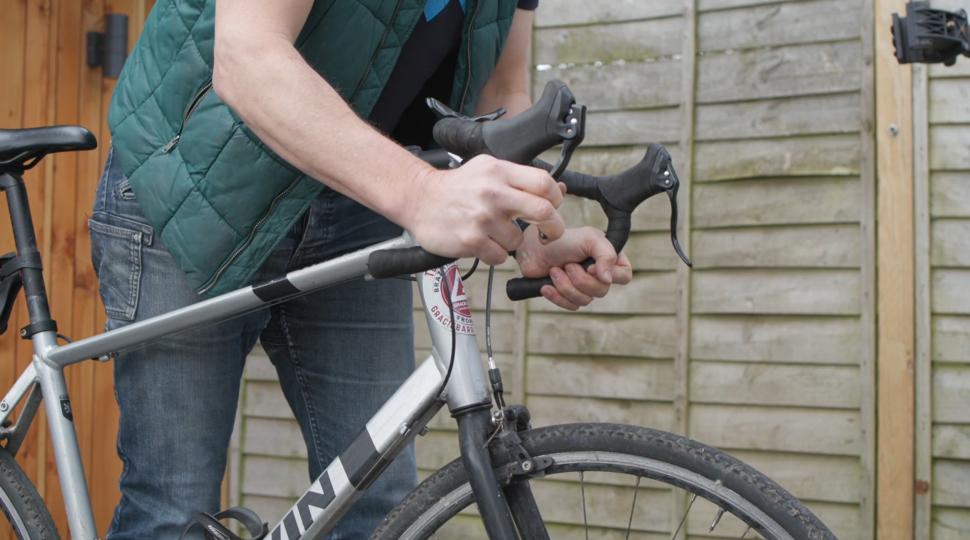
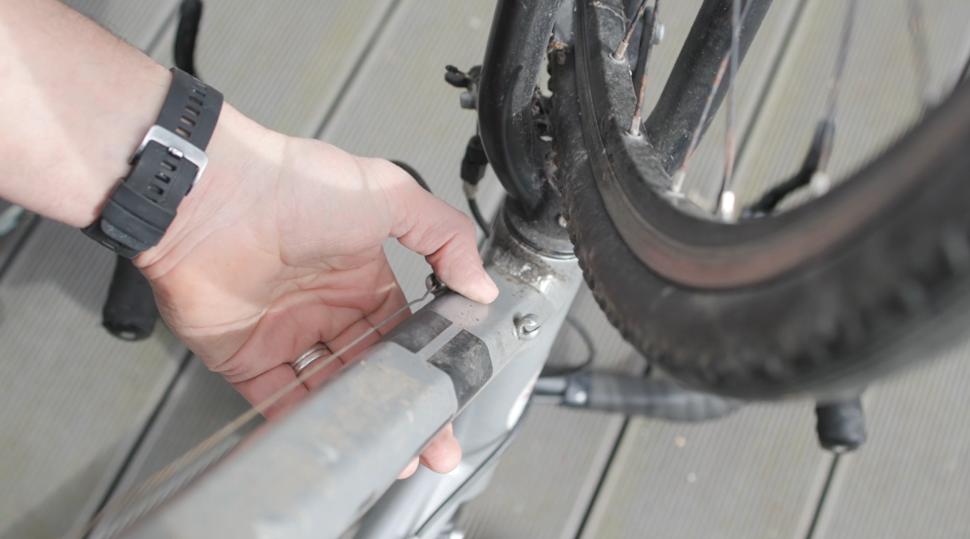
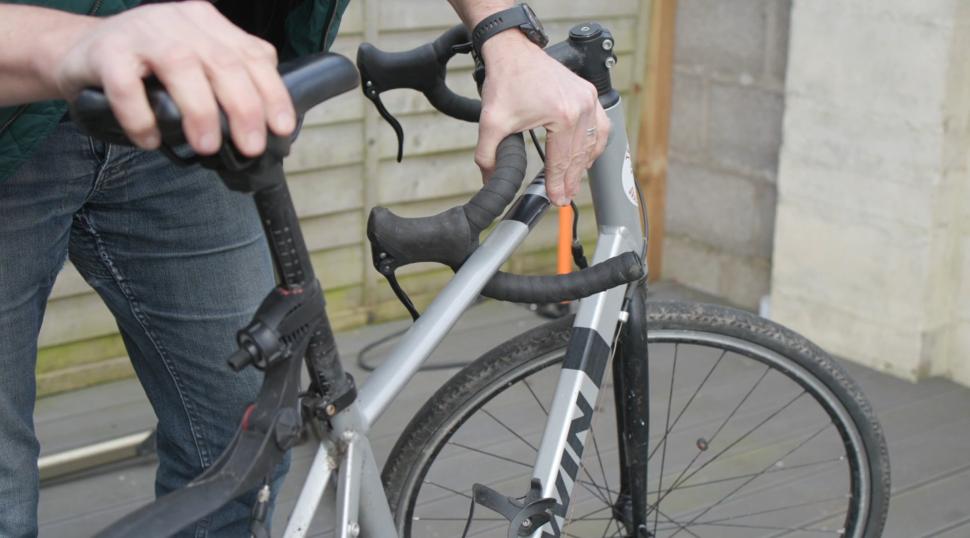
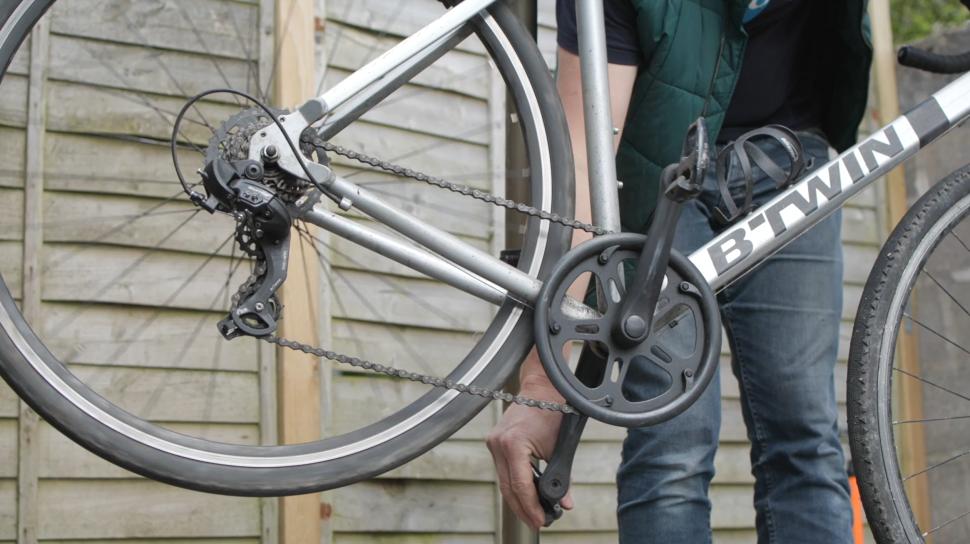
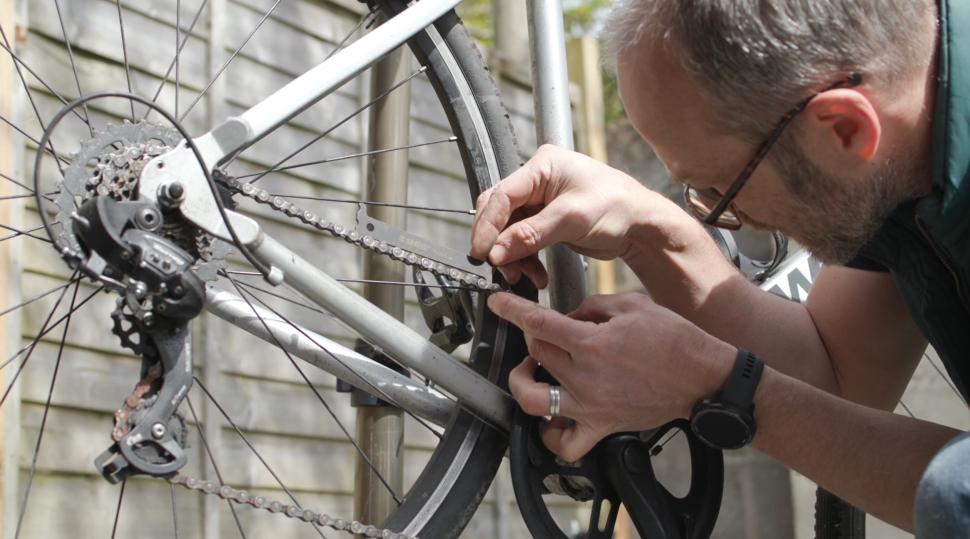
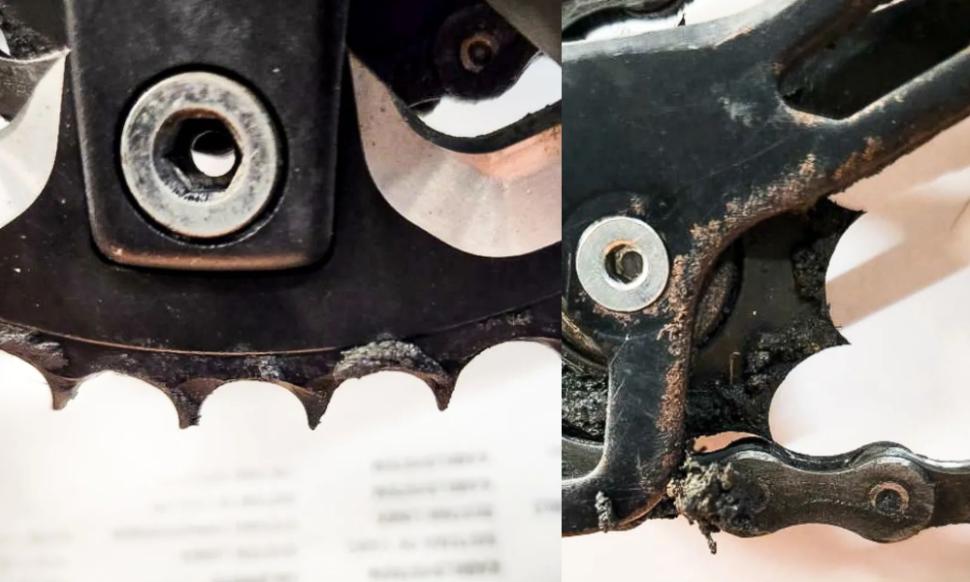
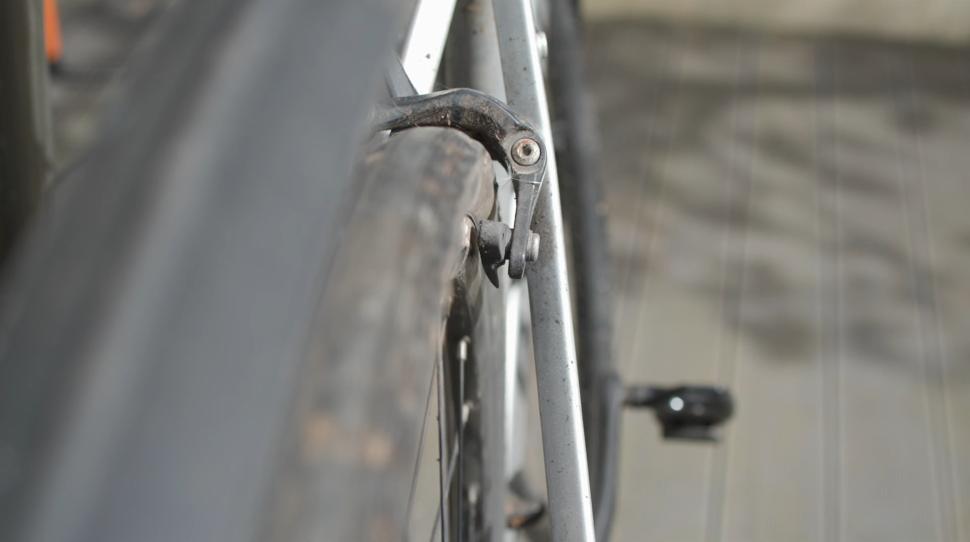
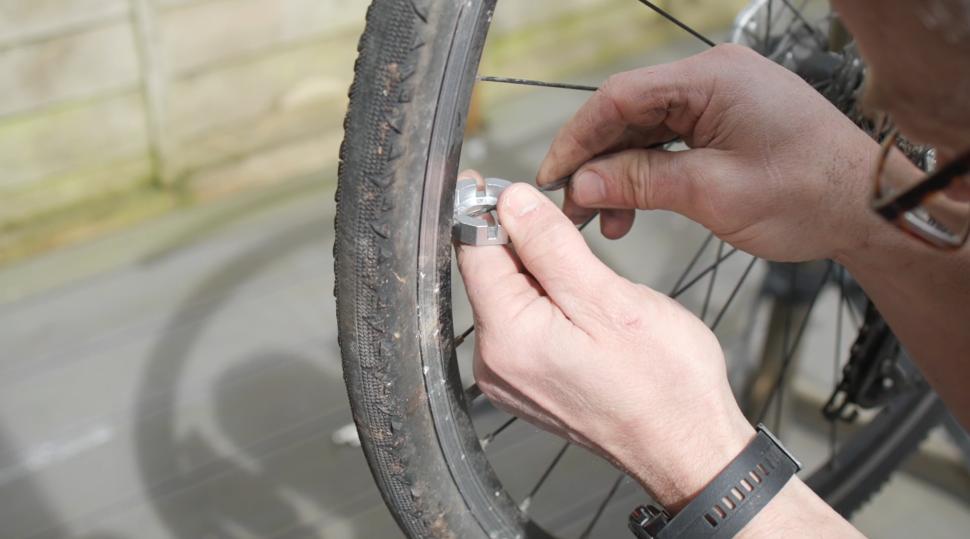
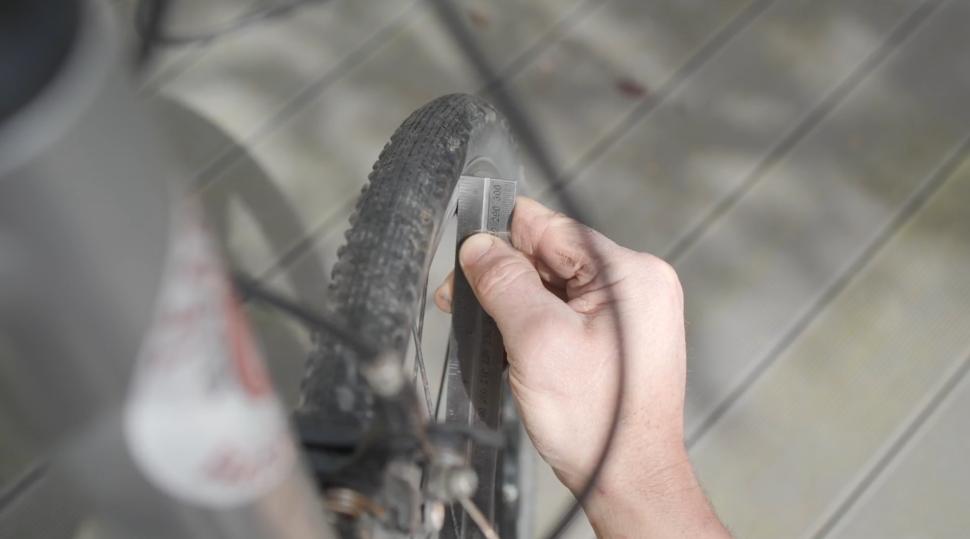
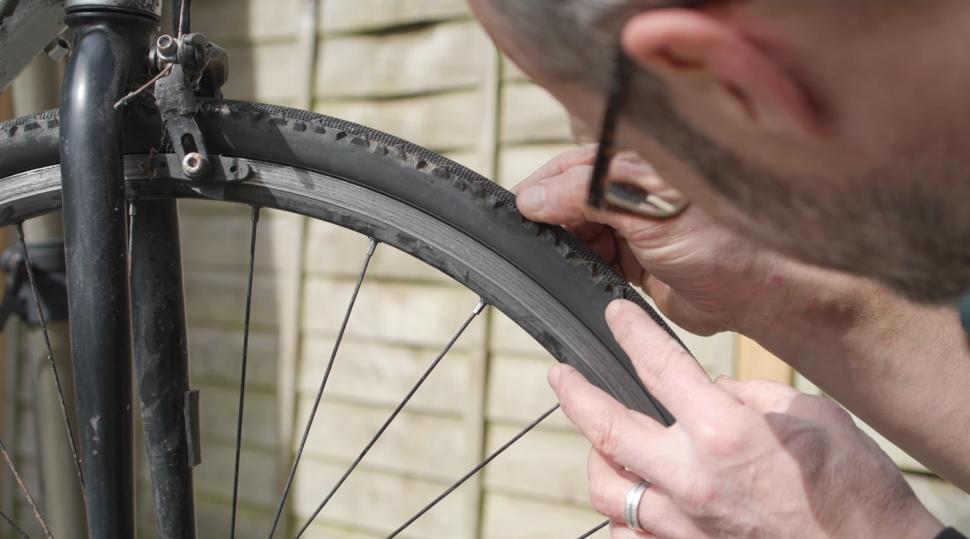
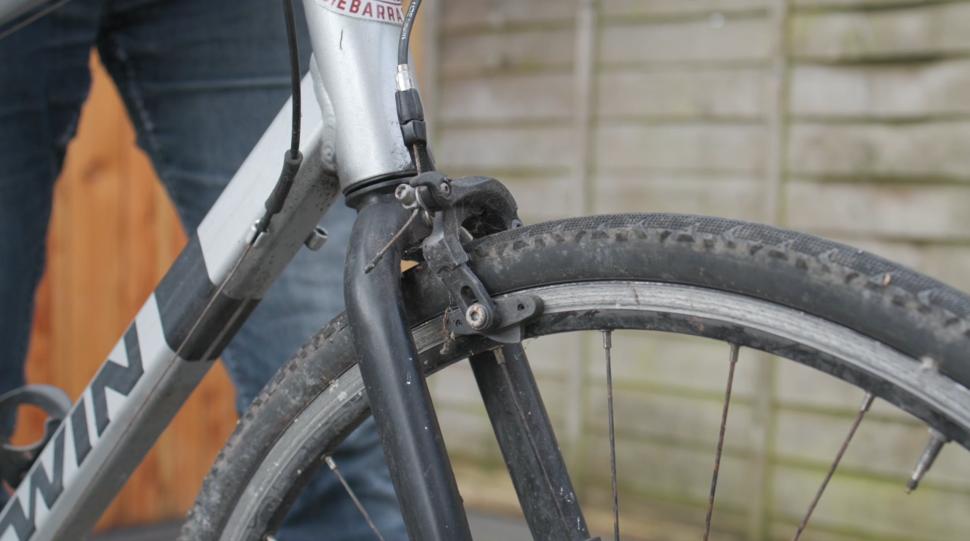
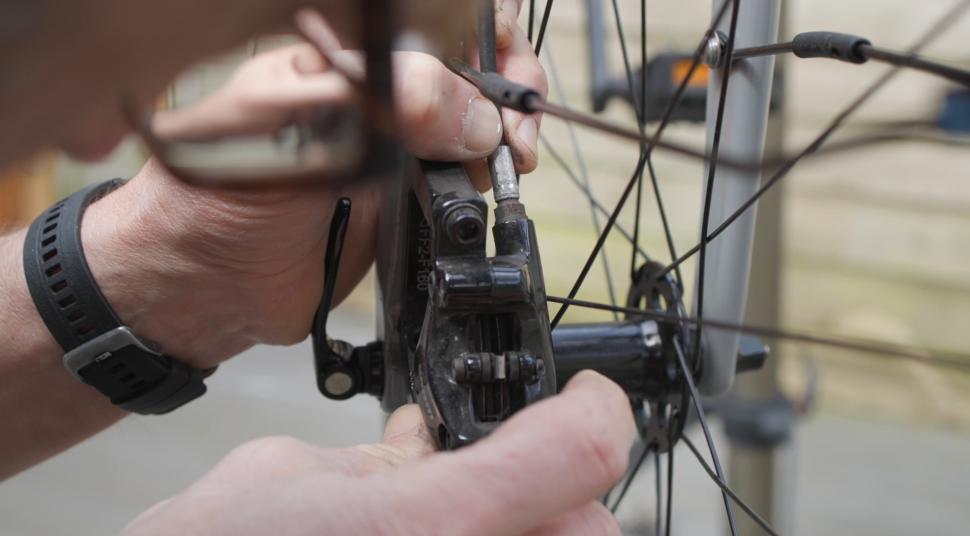

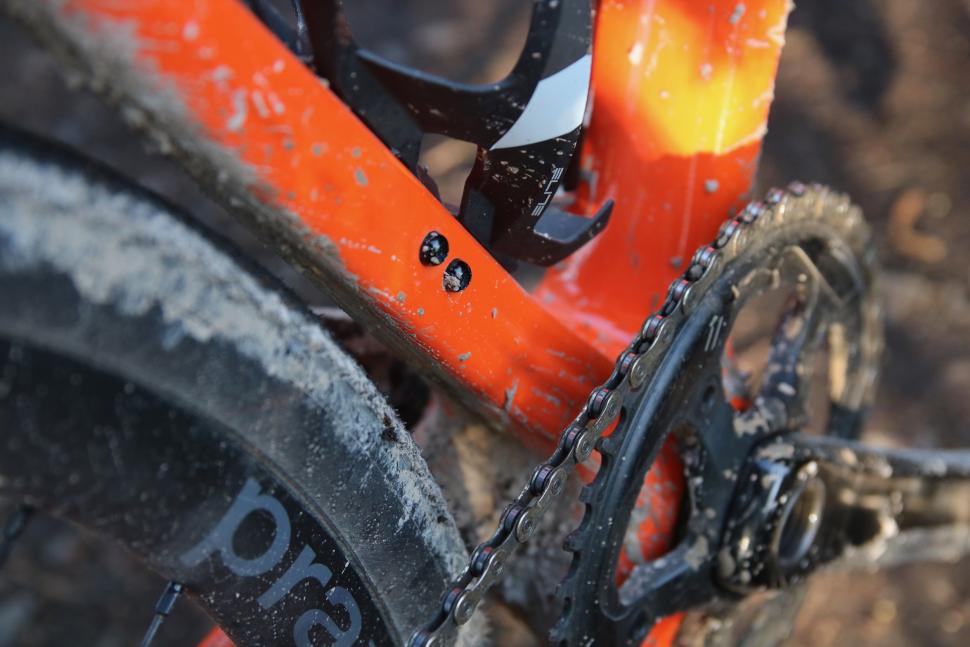
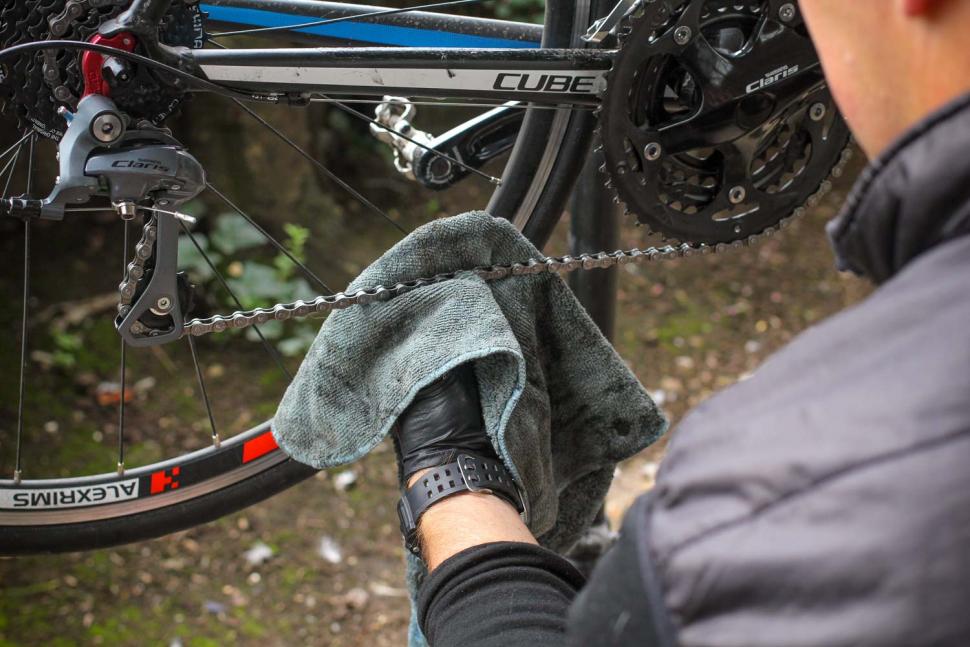
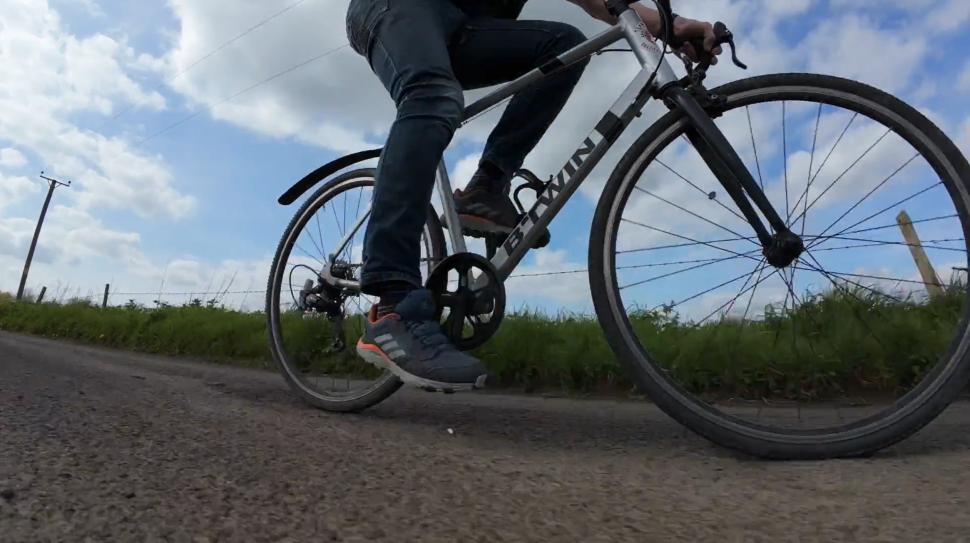
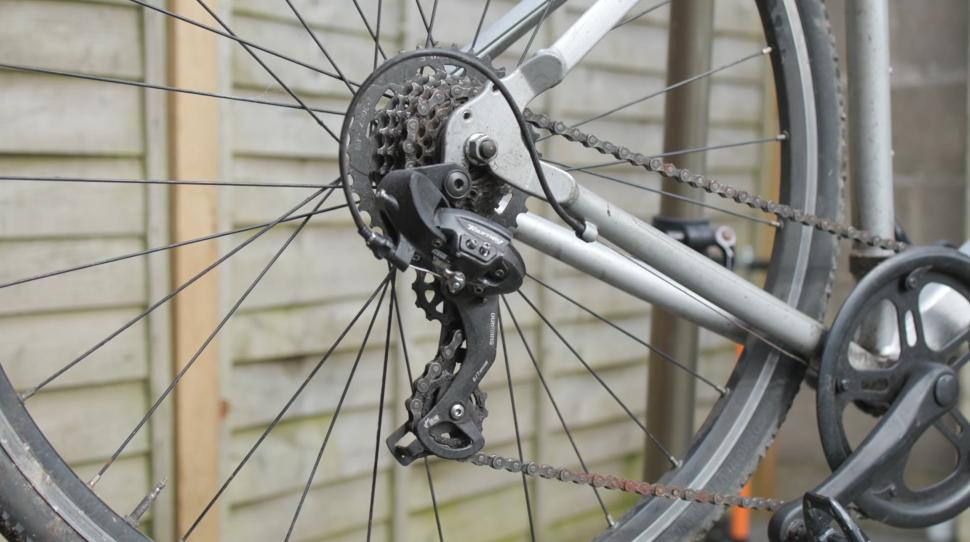
Does this count as social media?
But down the line it can put a big dent in its resale value which ups leasing costs and the amount of cash an owner is throwing at their status...
Only reading the headline on the homepage, not the rest of the article, but I only ride mountain bikes and I still get close passed...
Fair enough, personal experience may trump (not that one) theory. However, the bonking I have experienced has been due to lack of carbs. Your point...
Agreed, but he was still right to publicise the event. The police, if they're anything like Lancashire, will do nothing at all.
mdavidfrodo?
How can anybody reject the beauty of that? It's a wonderful mix of modern tech yet absolutely functional.
in the UK we have policing which to a greater or lesser extent relies on assistance from members of the public......
Just wanted to share a quick thank you to everyone who helped out in this thread....
So...don't cycle on it. Lots of other routes around that area. Source: I used to work there.